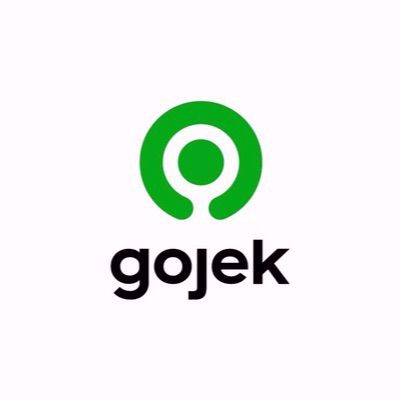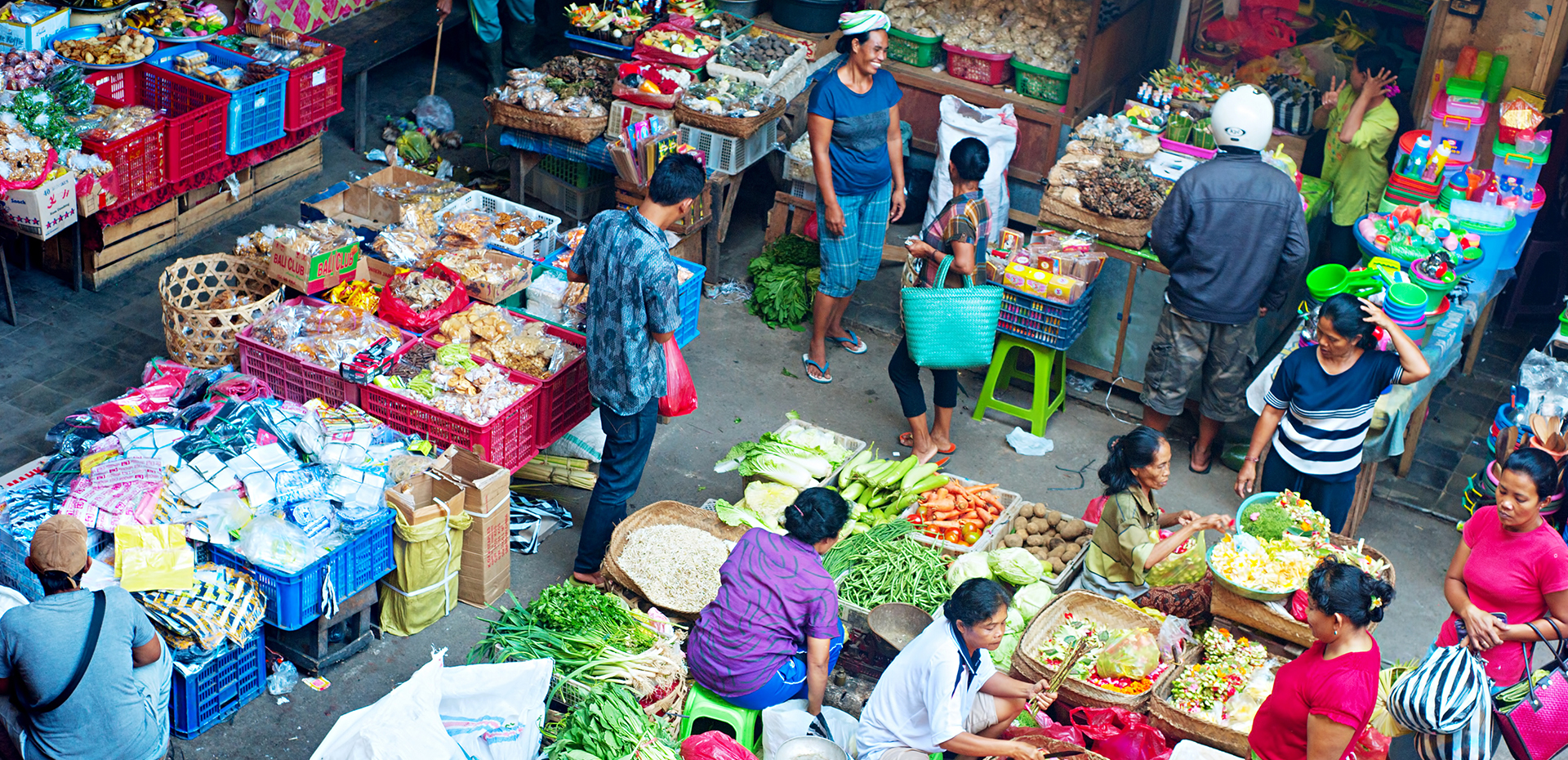Indonesia's central bank has done its part for financial payments harmony, launching a universal QR code that the many e-wallet and cashless payment services in the country are expected to implement by the end of this year, eliminating a pain point for both merchants and consumers who previously had to juggle between several cashless payment services. accustomed to using a single payment service.
Bank Indonesia initiated its "Quick Response Code Indonesia Standard" (QRIS) in May, with merchants now able to accept customer payments from any QR-based cashless payment service without having to show different codes for each service. QRIS was jointly developed by 19 banks and 68 merchants, according to Bank Indonesia Governor Perry Warjiyo.
BI said in a Q&A document about the the QRIS standard that it follows specifications set by EMVCo, the company that develops and maintains global standards for electronic payments, including card-based and contactless payments. Crucially for Indonesia, this means that foreign tourists will eventually be able to pay Indonesian merchants using e-wallet services from their own country, potentially attracting an estimated US$133m in revenue from the Chinese tourist market alone.
Less cash, greater efficiency
With QRIS, Bank Indonesia has put a stop to the slow fragmentation in the country's cashless payments landscape. Prior to the development of QRIS, merchants had to use a different QR code for each specific cashless payment service a customer wanted to use. This had the effect of slowing the pace of QR code adoption among merchants, especially micro, small and medium-size enterprises (MSMEs), who in some cases simply found it easier to continue to deal in cash.
The central bank says implementation of QRIS has had a threefold effect. "Bank Indonesia sees the benefits of such payment methods in improving the efficiency of economic activities, accelerating [the development of] an inclusive economy and advancing MSMEs," it stated in the Q&A document.
Cashless payment methods can help MSMEs keep better track of their revenues and expenses, as each transaction is automatically recorded and requires no additional steps, eliminating the need for a paper trail. They also reduce the obvious risks associated with holding too much cash – an endemic problem in Indonesia, where access to banking services remains limited in rural areas and for lower-income populations.
For consumers, e-wallets provide a way to shop online and pay bills even when they do not have bank accounts. Three of the major e-wallet services – GoJek's GoPay, Lippo-owned OVO, and state-owned LinkAja – provide ways for users to top up their e-wallets through local agents or chain convenience stores.
International outlook
Under the QRIS standard, foreign tourists will be able to pay at merchants displaying QRIS-compliant codes, as long as their own payment apps are compliant with EMVCo's QR code specifications. In the past few years, "zero-dollar tourism," in which Chinese tourists are taken for cheap shopping trips to mostly Chinese-owned establishments in popular destinations like Bali, has become a concern for Indonesian authorities and tourism operators. Because the tourists pay almost exclusively via two of China's main payment platforms, Alipay or WeChat Pay, the local economy misses out on a large chunk of tourist revenue as the money gets diverted to China.
Although Alipay and WeChat Pay are not yet compliant with the EMVCo specification, they are both in talks with Indonesian banks – including Bank Central Asia – to establish a working relationship. Under a proposed cooperation deal, Chinese tourists would be able to use Alipay and WeChat Pay at local merchants, but Indonesian banks would process the transactions.
QRIS is also being tested by overseas merchants who want to tap into revenues generated by Indonesian tourists, and some of Indonesia's e-wallet firms have already partnered with foreign switching companies to facilitate payments.
Bank Indonesia Deputy Governor Sugeng, who goes by one name, said that LinkAja, OVO, CIMB Go Mobile and Sakuku (an e-wallet service of Bank Central Asia) are among the companies testing QRIS in Singapore. "Merchants in and out of the airport have also tested QRIS," he said, as reported by Indonesia news portal Kontan. LinkAja users can already pay at certain Singapore merchants who use the VIA standard, a cross-border payment standard developed by the Singtel Group and its partners.
Preparing for the shift
Testing on QRIS and had been ongoing since before its official rollout in May, with banks and e-wallets participating in a number of pilot projects. One of the e-wallets that helped test the QRIS system was T-Cash, which in February became LinkAja. In August, e-commerce marketplace Bukalapak began a pilot project to test QRIS involving a thousand MSMEs – including the family-run food stalls known as "warungs" that proliferate in Indonesia, as well as other street vendors.
The Bukalapak partner stores and vendors enrolled in the project can now accept payments from any local e-wallet, including GoPay, OVO, LinkAja, DANA, Sakuku and GoMobile. Bukalapak plans to eventually have 2m MSMEs in its QRIS orbit. These partner businesses function as Bukalapak's offline agents, where customers can pay bills or buy virtual goods such as prepaid mobile phone plans.
Bukalapak's Vice President of O2O Rachmat Danu Andika said that by using the QRIS standard, the Bukalapak merchant partners are doing greater business and thus building up the stored balance in their own e-wallets, which they can then use as a kind or "venture capital" – using the balance to buy stock and supplies from Bukalapak at wholesale prices.
Through such ventures and with more support for merchants looking to adopt the new QR code, Indonesia has moved a step closer to realizing its ambition to build a cashless society.














